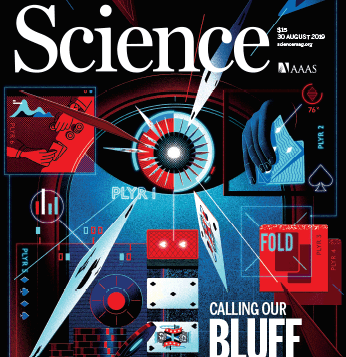When the concept of the “gay gene” emerged in the 1990s, it was warmly embraced by LGBT leaders, who saw the gene theory as bolstering their argument that sexual orientation is analogous to race or gender, an intrinsic part of one’s identity. A few people sounded the alarm: Um, if this “gay gene” thing turns out to be true, won’t some people opt to abort their gay fetuses, so that one day LGBT people could die out? Relax. A massive study of 500,000 people has found that the situation is vastly more complex than once suspected (Science, 30 Aug. 2019). In the Genome-Wide Association Study, participants were asked whether they had ever engaged in same-sex behavior, and their answers were used to locate distinctive markers on the DNA of those answering Yes. Researchers found five such markers that were especially robust—but together they accounted for less than one percent of the variance between the two groups. All told, genes could explain 32 percent of the variance, which still leaves 68 percent to the environment. The study drew strong reaction from various quarters, including LGBT organizations, which expressed concern that the study could embolden those who claim that being gay is a choice. Or we should all be breathing a sigh of relief.





